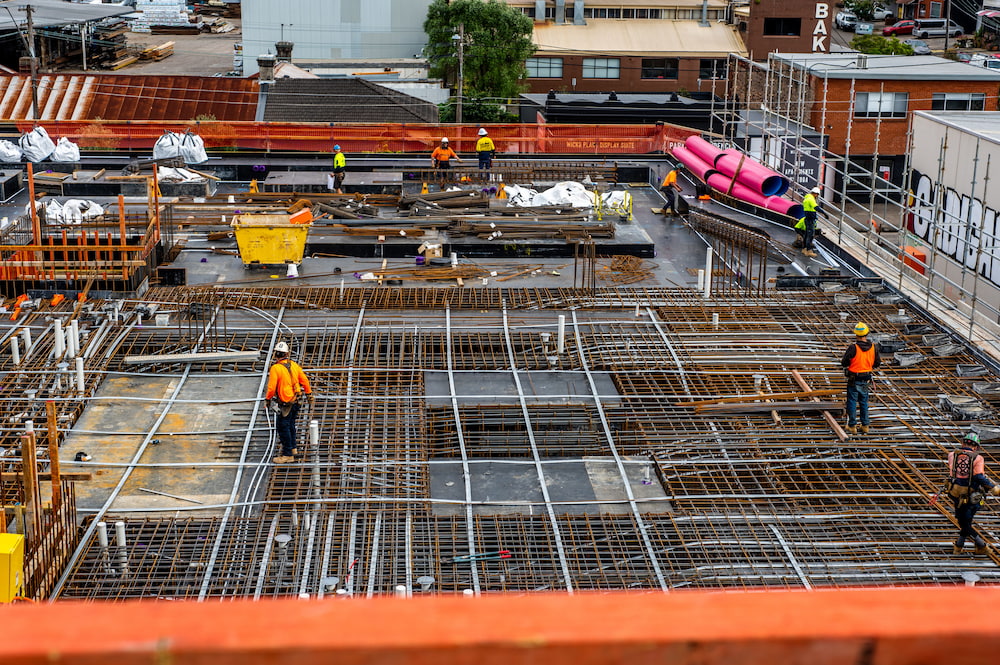Master Builders ACT has called for the ACT 2023/24 budget, released tomorrow, to support a strong future pipeline of construction work in the Territory: more housing; a recommitment to last year’s promise to build $6.4 billion of infrastructure over five years; and a significant investment in the local workforce.
“The building and construction industry plays a vital role in the economy, and we urge the ACT Government to factor this into the 2023-24 ACT Budget by implementing strategies that will support our industry’s growth,” Master Builders ACT CEO Michael Hopkins said.
Mr Hopkins warned that economic conditions in the ACT were rapidly deteriorating.
In 2021/22, 57.7 per cent of the total tax revenue came from property-related taxes, increasing from 50.7 per cent over 10 years. But over the March 2023 quarter alone, residential building declined by 9.6 per cent, home renovation activity by 12.3 per cent, and non-residential building by 5.7 per cent, according to ABS figures.
“The impact of decreasing building activity means that local building and construction businesses are facing a gap in their short- and medium-term pipeline of work, which will flow directly to the bottom line of the ACT budget in future years,” Mr Hopkins said.
Since every dollar invested in the construction industry generates a three-dollar multiplier throughout the broader economy, Master Builders ACT considers tomorrow’s budget an opportunity to support an industry that supports the Territory’s economy.
“The past three years have provided some of the toughest trading conditions in a generation for the 5,500 local small and family construction businesses that employ around 20,000 workers,” Mr Hopkins said.
“The next ACT budget can assist local construction businesses by boosting dwelling construction, maintaining a strong pipeline of capital works, and properly investing in trade apprenticeships to support the ACT’s future economy.”
Mr Hopkins claimed that the ACT Government had failed to properly fund trade apprenticeships over successive years: carpentry and plumbing apprenticeships received the lowest level of government subsidy in the ACT compared with that of any other State or Territory.
“Government subsidies for many apprenticeships have not even increased in line with inflation, effectively meaning apprenticeship supports are declining,” Mr Hopkins said.
“With calls from various sectors for increases in wages, why is the ACT Government expecting local training organisations to train more workers with less funding?
“Such lack of support cannot continue if our local industry is to support the Government’s urban infill and electrification policies, and infrastructure needs…
“As we continue to move through a very volatile economic period, the ACT Government needs to support industries that will help drive strong economic growth.”



